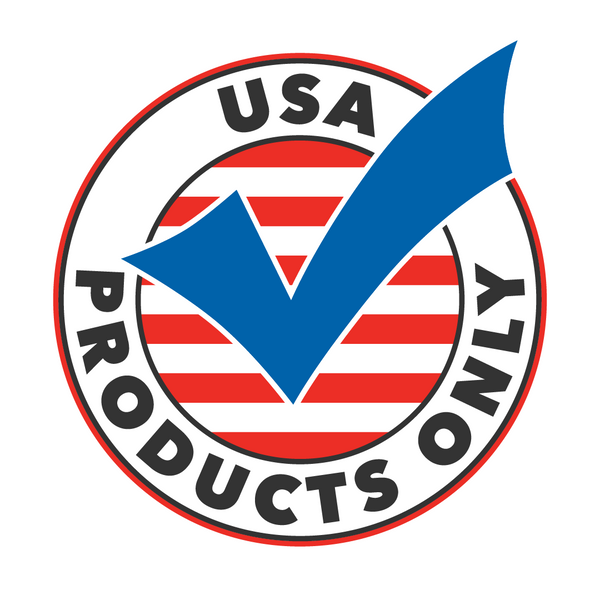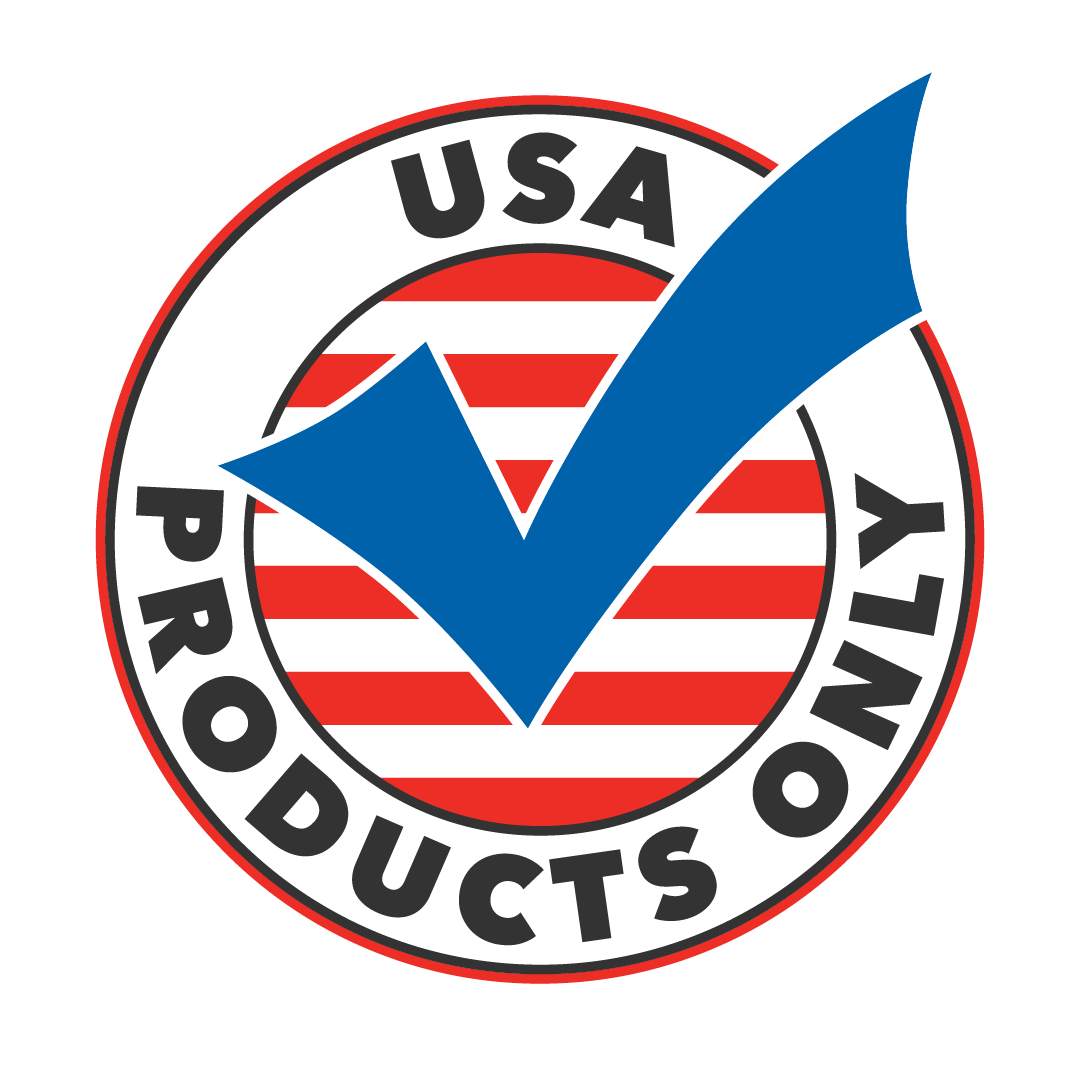The U.S. government has declared a significant policy change by sharply raising taxes on imported steel and aluminum, according to a Reuters article. Eliminating prior exemption allowing some nations to avoid these taxes, the new tariffs apply a flat 25% tax on all steel and aluminum imports. This choice is part of an effort to decrease dependence on imported metals and shield American producers from overseas competitiveness.
Proponents of the tariff hike contend that this action will boost the home steel and aluminum sectors, therefore generating more employment and output inside the United States. U.S. businesses may choose domestic suppliers instead of imported metals by increasing their cost, therefore strengthening the economy in places heavily dependent on manufacturing. Some observers think this approach would stabilize the sector and increase investment in American metal manufacturing plants.
Critics warn, meantime, that these tariffs might force consumers to pay more as well as companies such the automobile, construction, and aerospace industries—which rely on steel and aluminum—might suffer. Should companies pay more for raw supplies, those costs could be passed on to customers in the shape of more expensive homes, buildings, and appliances. Partners in international trade, especially those in Europe and Asia, have also voiced worries that these tariffs would set off retaliatory trade actions, hence sparking trade wars.
The long-term effects of this program are still unknown. Policymakers will be closely observing the impacts on employment, production, and general economic growth as sectors respond to these new developments.







